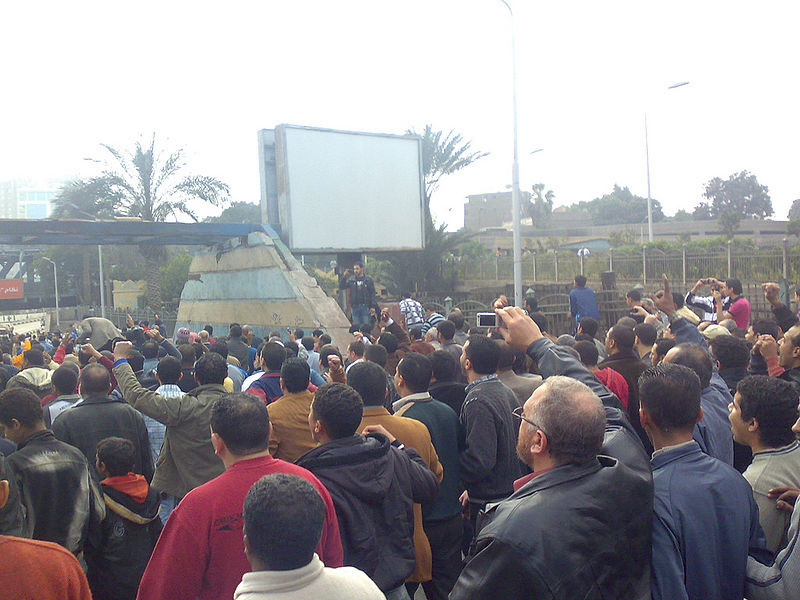Violence Against Women
Source: UN News Centre
10 July 2013 – A senior United Nations official today stressed the need to ensure women can make their voices heard in Egypt without fear of violence, stressing that their right to take part in the country's public life must be protected.
The acting head of the UN Entity for Gender Equality and the Empowerment of Women (UN Women), Lakshmi Puri, stressed the role women have played in the political life of the country and called for zero tolerance against all forms of violence against women and girls after reports of rape during protests.

“Egypt's women have been at the heart of the vibrant civil society movement that continues to press for the rights of all Egyptians,” UN Women said in a news release.
“Their participation in public life and the inclusion of their needs and priorities in any political solution is a prerequisite for inclusive democracy in Egypt.”
On Wednesday, 3 July, the Egyptian military deposed President Mohamed Morsy, suspended the Constitution and paved they way for an interim Government. Since then, Mr. Morsy's foes and supporters have continued to face off in huge demonstrations, with security forces and police adding to the deepening chaos.
More than 80 people have reportedly been killed and thousands more have been injured in the protests. In addition, media reports stated that over 90 women have been raped during the clashes.
“UN Women is concerned by reports of the high prevalence of sexual assaults against women in public spaces,” the agency said. “UN Women adds its voice to calls on all parties to take a firm stand and show zero tolerance for all forms of violence against women and girls. Egypt's women have the right to fully participate in political dialogue without fear or threat of violence. Their voices are essential to a peaceful and prosperous Egypt.”
Secretary-General Ban Ki-moon and High Commissioner for Human Rights Navi Pillay have spoken out several times on the need for all parties in Egypt – which has been undergoing a democratic transition since the ouster of President Hosni Mubarak two years ago – to exercise restraint, protect human rights
